
Changing Careers with a PMBA: A Law Enforcement Officer Turned Fintech and Banking Exec Says it All
Graduate Studies Blog

NANYANG PROFESSIONAL MBA
Changing Careers with a PMBA: A Law Enforcement Officer Turned Fintech and Banking Exec Says it All
“There’s a saying in Mandarin: Don’t be the frog at the bottom of a well,” Derrick, still in his mid-30s, says. In 2020, he already had close to a decade’s experience pursuing high-profile cases as a fraud investigator. As he took stock of his career, Derrick saw a Professional MBA (PMBA) programme offered by Nanyang Business School (NBS) as the next logical step.
The Nanyang PMBA gave him far more than leverage in his police career. After finishing the programme, Derrick was hired as a risk management professional at a local digital bank – a development that even Derrick hadn’t foreseen. It was not long before CIMB Bank Singapore headhunted him in 2023. Today, as the Fraud Management Head for CIMB’s Consumer Banking division, he oversees fraud prevention, detection and investigations.
“I didn’t think so much whether the MBA would be a stepping stone for me to enter the private sector,” Derrick recalls. “It was more about the learning I would gain and the exposure to other perspectives that attracted me.”
A surprising stepping stone to the private sector
Even when he was already doing well as an investigative police officer, Derrick didn’t want to rest on his laurels. He imagined using the PMBA experience as a catalyst for a long career in law enforcement.
At the same time, Derrick harboured no illusions about the PMBA, recognising the need to put in hard work and sacrifices to ensure success. “I took some time to decide, because an MBA is, as we know, not exactly very cheap,” he said. Unlike other public sector MBA students, Derrick chose to pay his way through the course.
As Derrick’s career needed him to be hyper-focused on his day job, he appreciated the PMBA’s unique, flexible alternate-weekend programme, which allowed him to deal with work and family commitments. “Our PMBA classes predominantly happen on weekends, which was very helpful,” he recalls. “We get to focus on our studies on Saturdays and Sundays. Then on weekdays, we can focus on work.”
“I imagine it would have been taxing if we studied on weekdays, right after work,” Derrick says. “That would be too taxing for me.”
Building on a solid foundation of leadership
The time and focus Derrick committed to his PMBA paid off immensely. The experience enhanced his skill sets as a fraud prevention expert, providing him with the technical and analytical skills that eventually helped him pivot to the private sector.
Modules covering technology, e-business, and digital transformation allowed PMBA participants like Derrick to dive deeply into the telecommunications and mobile communications market transformations. Data analytics was one of the subjects covered in the PMBA’s digital transformation class, which equipped Derrick with the skills he needed to succeed in his role today. As a risk management officer in CIMB Bank Singapore, he looks for deception patterns in the bank’s financial operations.
“In the police, my job was to catch crooks, the bad guys, and protect the public,” Derrick says. “Now, my job at CIMB Bank Singapore is to protect the bank and our customers. In a way, it’s also protecting the interests of the public.”
His police experience had already provided Derrick with a solid foundation in people management; the PMBA training “instilled in me a better capability to lead people from all walks of life, from different age groups,” he says.
“While I did that before in my time with the Police, leading a team in the tech and banking sector can have different demands,” he explains. “Our leadership, management, and cultural intelligence classes helped me interact with different stakeholders.”
The benefits of the PMBA: well worth the effort
The former law enforcement turned risk management officer only has good words about the PMBA programme. While it was certainly demanding, the Nanyang PMBA was ultimately a fulfilling and life-changing experience for him.
“My advice to potential candidates: you get to learn so many things, you’ll get to make so many close friends that you thought you would never experience after your school days with the MBA programme,” he says. And while he understands the apprehensions of those who fear the heavy load the MBA may bring, Derrick says the lessons and friends you gain in the programme are worth all the effort.
“There was this guy who asked me: ‘Was it very difficult to juggle between work and studies? How many sacrifices did you make?’ And I said: There are far, far greater things ahead. If you put it in that perspective, then the sacrifices you would have to make in the short term—juggling work and studies—would be worth it,” he says.
The curriculum aims to transform skilled specialists into learned leaders, providing opportunities for collaborative learning between highly talented individuals from diverse backgrounds who share common growth ambitions. Learn more today.

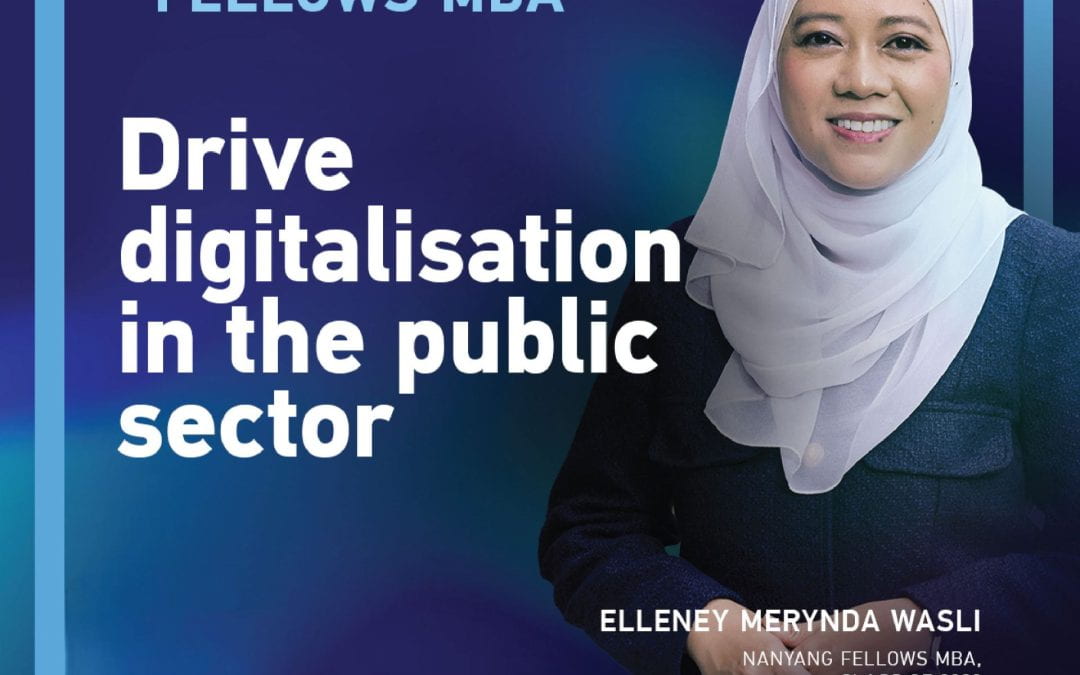





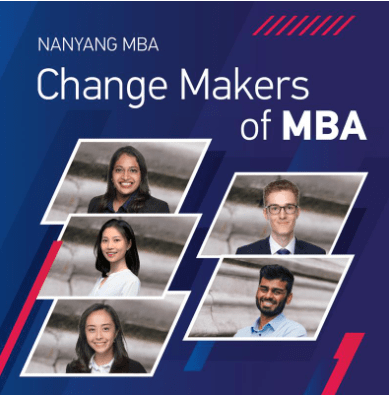






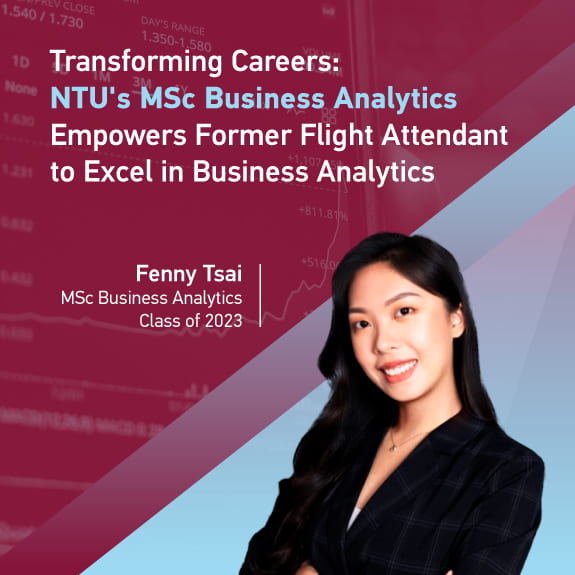






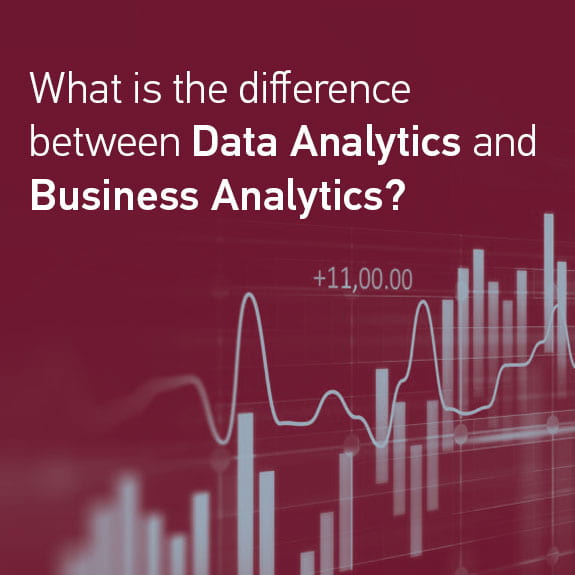

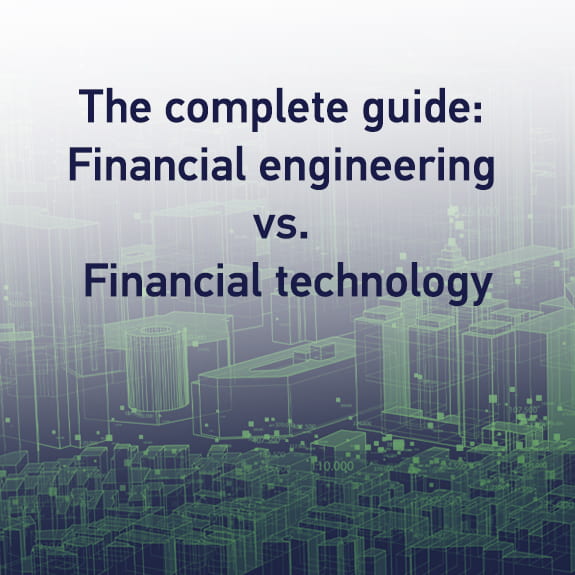






 Why did you choose to do MBA?
Why did you choose to do MBA? Why did you choose to do MBA?
Why did you choose to do MBA? Why you chose to do MBA?
Why you chose to do MBA? Why you chose to do MBA?
Why you chose to do MBA?
You must be logged in to post a comment.